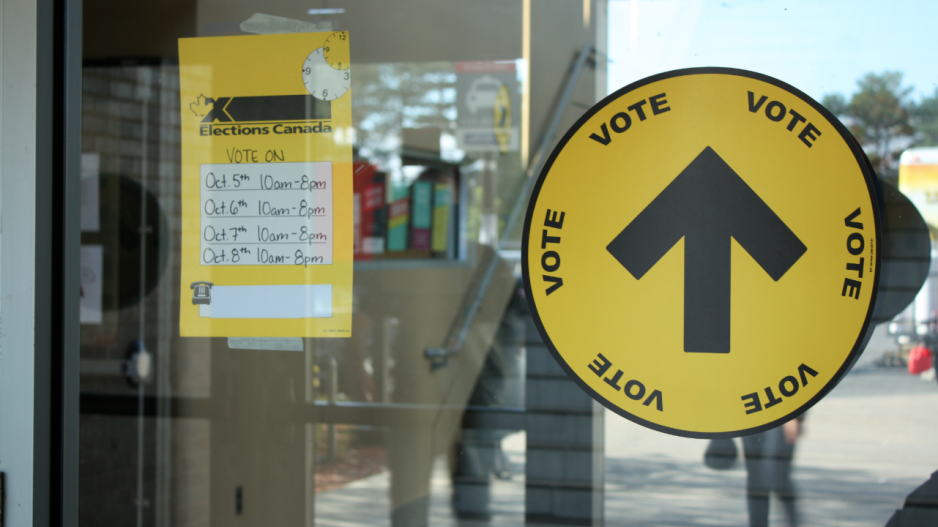A Vancouver-based business advocacy group is hoping voters will be thinking about debt, productivity, innovation and trade as they head to the polls October 19.
The Business Council of British Columbia (BCBC) has released a policy paper outlining its top priorities for the election and Canada’s next government. Those include encouraging innovation and improving the post-secondary education system, signing more trade agreements and bolstering the country’s lagging productivity.
“I don’t think the party platforms are really dealing with a lot of the economic issues we’re dealing with in the business community,” Jock Finlayson, chief economist and vice president of BCBC, told Business in Vancouver in an interview for a September 29 story.
“We’re not hung up on individual tax measures so much as whether the overall system is going to put Canada in a strong position from a competitive perspective.”
Read: Economists eye election plans as Canada's economy falters
While in office, the Conservative government negotiated free trade agreements with Korea, the European Union and the 12-nation Trans Pacific Partnership (TPP), the latter just two weeks before the election. Canada also signed a foreign investment agreement with China. The TPP and European Union agreements have yet to be ratified by the countries involved.
Read: TPP puts Japan within easier reach: exporters
The Conservatives have emphasized their track record on trade and tax cuts and have promised to further reduce the small business tax rate from 11% to 9% over four years. After several years of running deficits following the 2008 financial crisis, the government booked a modest surplus this year and is promising balanced budgets for the next four years.
The Liberals are promising to run relatively small deficits (not exceeding $10 billion per year) for three years in order to finance an ambitious infrastructure plan. The Liberals plan to raise income taxes on Canadians who make over $200,000 a year and cut the income tax rate from 22% to 20.5% for people who make between $44,701 and $89,401.
The NDP also plans to cut the small business tax rate from 11% to 9% and has promised to balance the budget. The party would the corporate income tax rate from 15% to 17%, and has proposed introducing a national childcare program that would cost $5 billion a year by 2024.
The BCBC warns that Canada can only expect very modest economic growth in the future (below 2%), and that will affect government revenue, at the same time the nation’s population will be aging and putting greater pressure on social services. The advocacy group recommends moving Canada’s debt-to-GDP ration from the current 31% to 25% by 2020.
But now is a good time to invest in infrastructure spending, Finlayson previously told BIV, because there is a huge need to replace aging infrastructure and interest rates are low.
BCBC is also advocating the federal government step up tax enforcement, and devote more resources to the Canada Revenue Agency, to make sure businesses and individuals are paying their full share.
Corporations and wealthy individuals have become increasingly adept at shielding their income from taxation, so targeting the wealthy may not yield as much revenue as parties assume, University of Victoria economist Lindsay Tedds told BIV in September. Raising taxes on the wealthy also motivates them to look for new ways to avoid taxes.
If the federal government does need to raise more funds, the BCBC would prefer it look to the goods and services tax (GST), which the Conservatives cut from 7% to 5% in 2008.
While pipelines are a controversial issue in B.C. — in an Insights West Poll conducted in April, 52% of British Columbians said they opposed Enbridge’s proposed Northern Gateway pipeline — the BCBC says projects like Northern Gateway and Kinder Morgan’s expansion of its Trans Mountain pipeline need to go ahead in order to sell Canadian oil to offshore markets.
@jenstden




